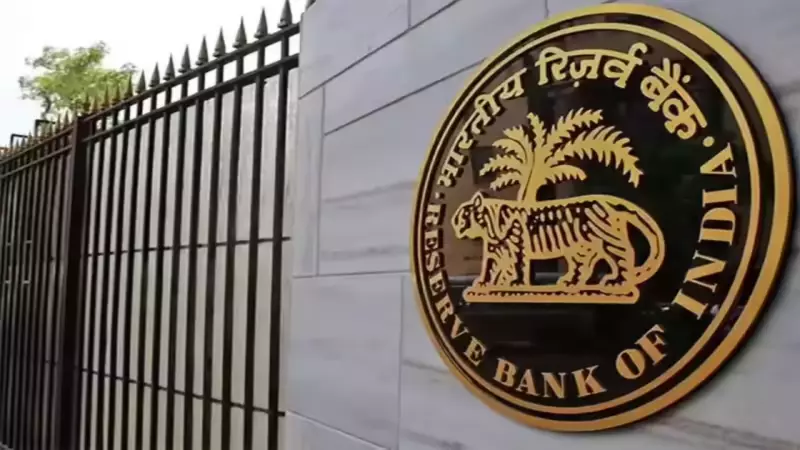
India's fiscal landscape is witnessing a significant shift as potential GST rationalisation measures and an unexpectedly high dividend from the Reserve Bank of India are poised to counterbalance emerging revenue concerns, according to a comprehensive analysis by CareEdge Ratings.
Fiscal Boost from Central Bank
The substantial dividend payout from the RBI has emerged as a crucial buffer for government finances. This windfall gain comes at an opportune moment, providing much-needed fiscal space to navigate potential revenue challenges ahead.
GST Reform: A Double-Edged Sword
While the much-anticipated GST rate rationalisation promises to streamline India's complex tax structure, CareEdge analysts caution about potential short-term revenue implications. The report highlights that any restructuring of tax slabs could initially create pressure on overall collections before yielding long-term benefits.
Revenue Compensation Strategy
The combination of these two factors creates an interesting fiscal dynamic. The higher-than-expected RBI dividend is expected to effectively offset any temporary revenue shortfalls that might emerge from GST reforms, ensuring stability in government finances.
Tax Collection Pressures Identified
CareEdge's detailed assessment flags several areas of concern in current tax collection trends. The report emphasizes the need for careful management of the transition period during GST reforms to minimize fiscal disruption.
Economic Implications
This fiscal balancing act comes at a critical juncture for the Indian economy. The successful navigation of these revenue challenges could set the stage for more sustainable growth patterns and strengthened public finances in the medium term.
Market observers and policy experts are closely monitoring these developments, recognizing their potential impact on India's economic trajectory and investor confidence in the coming quarters.






